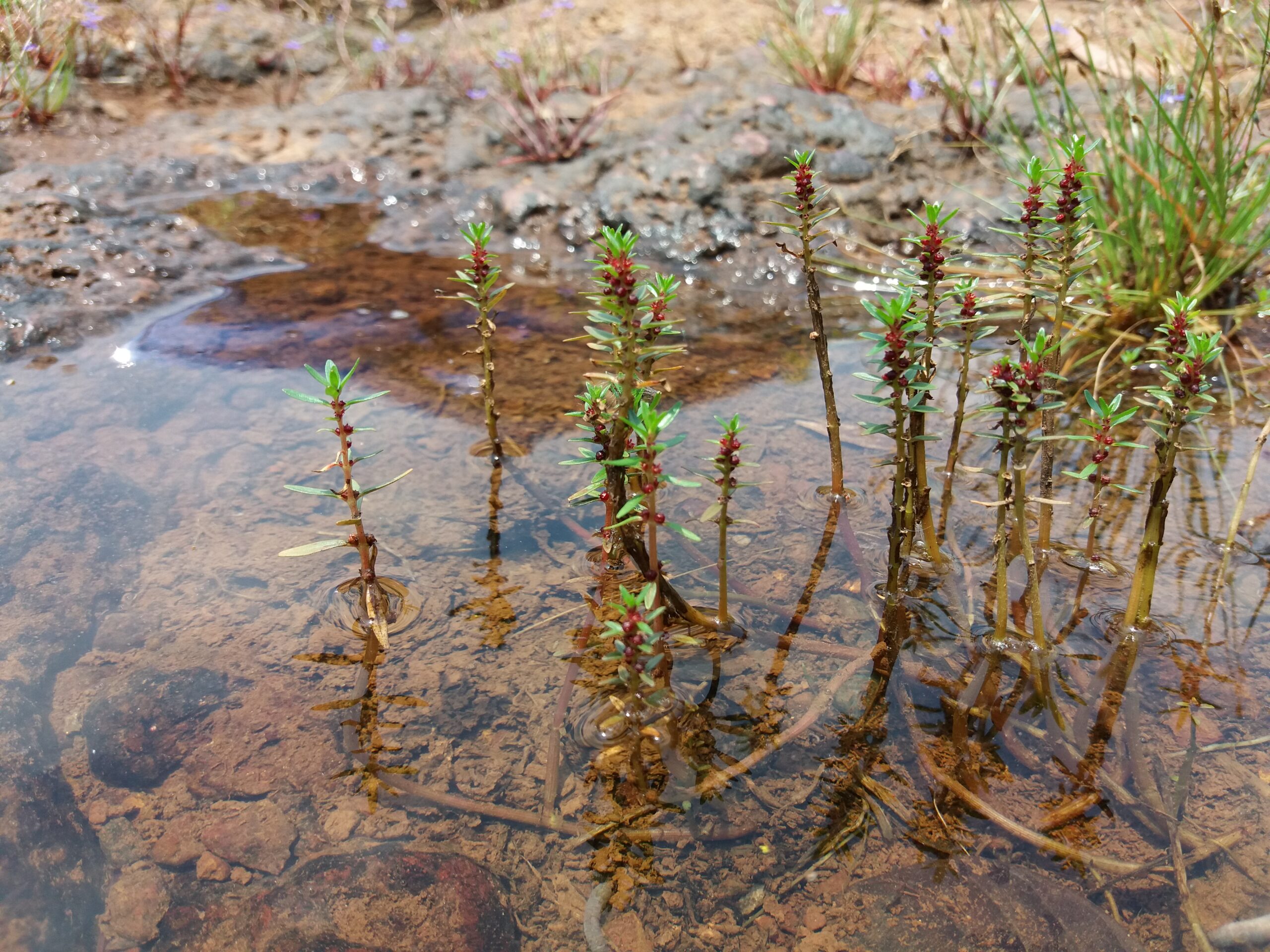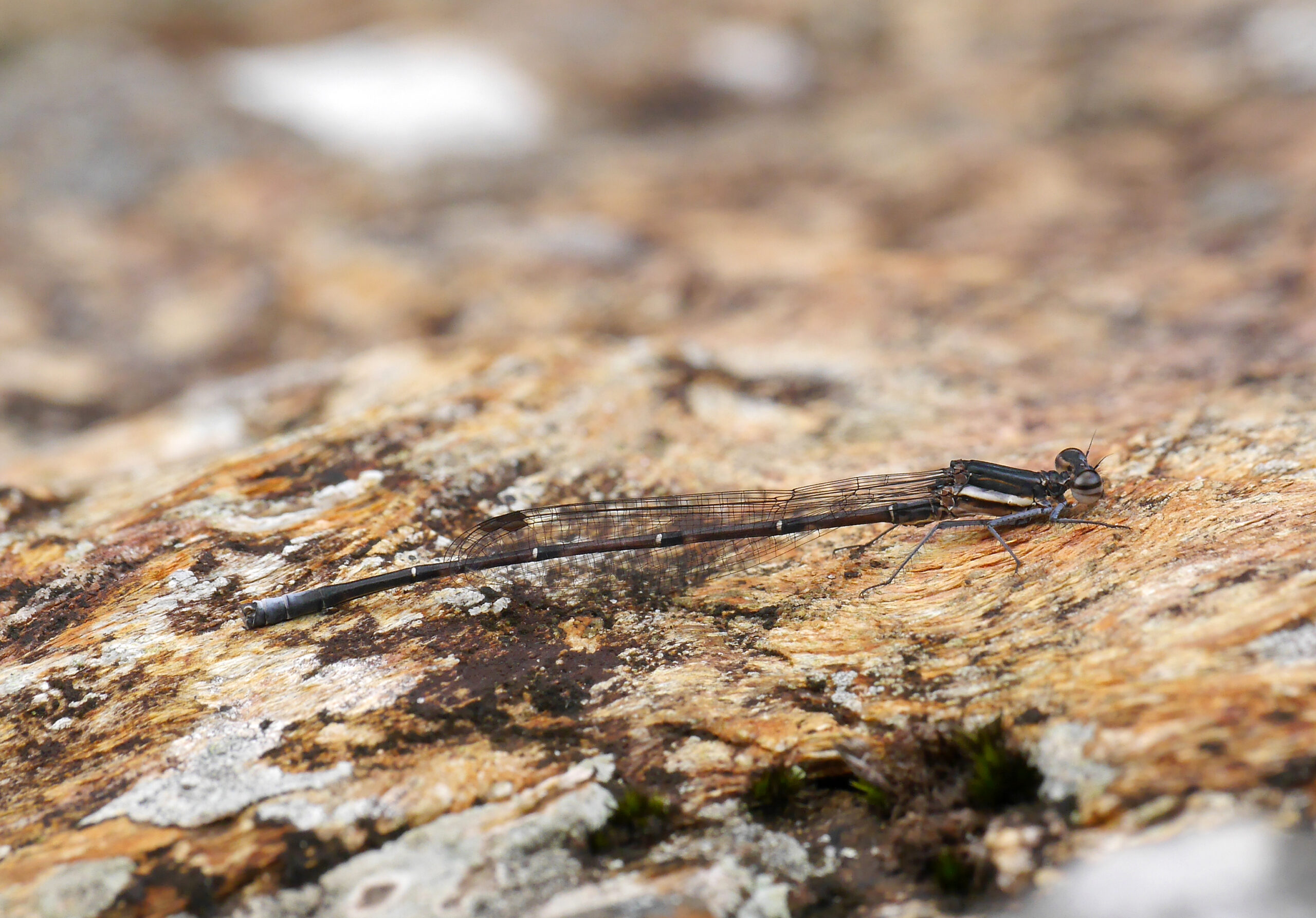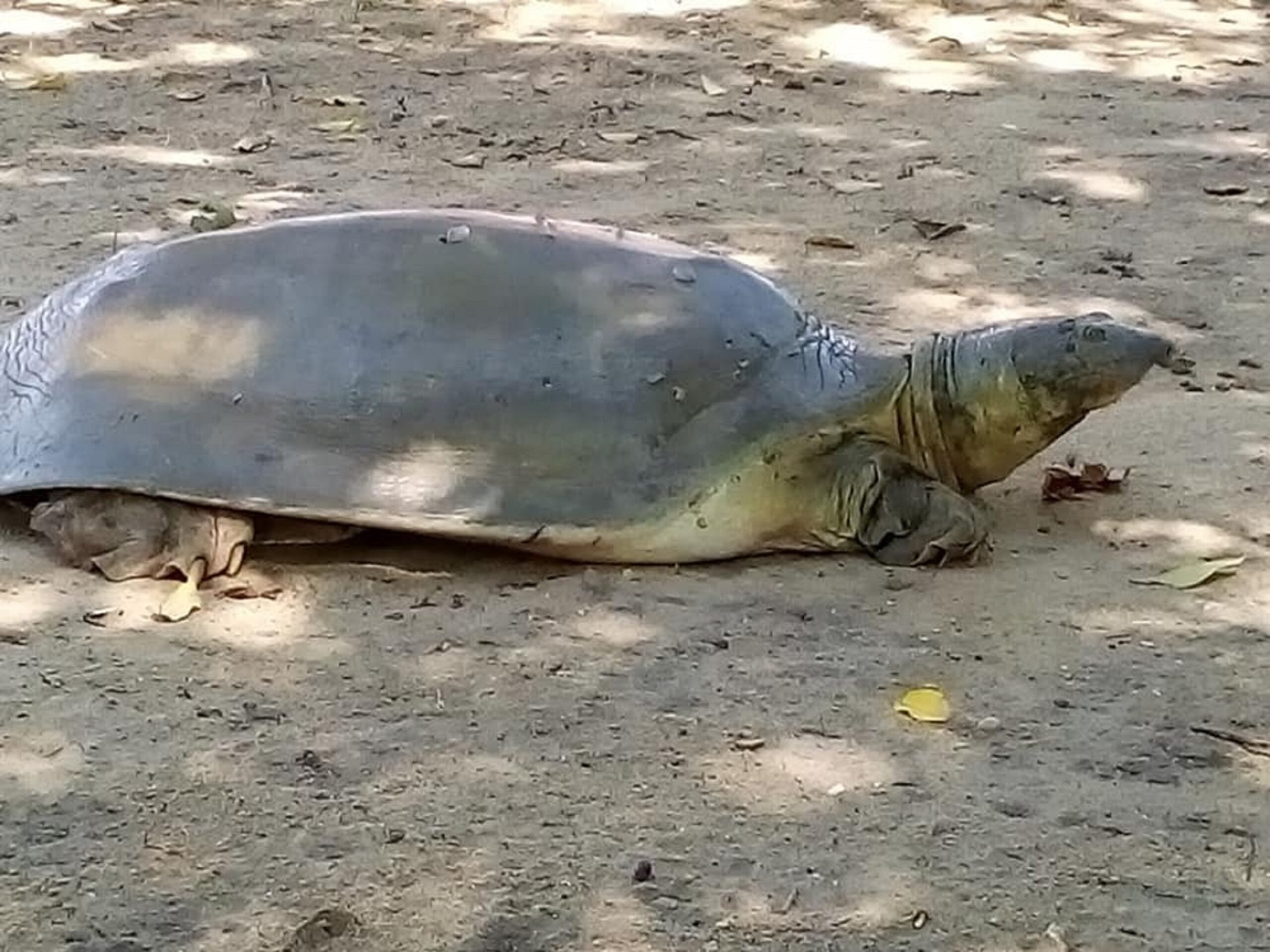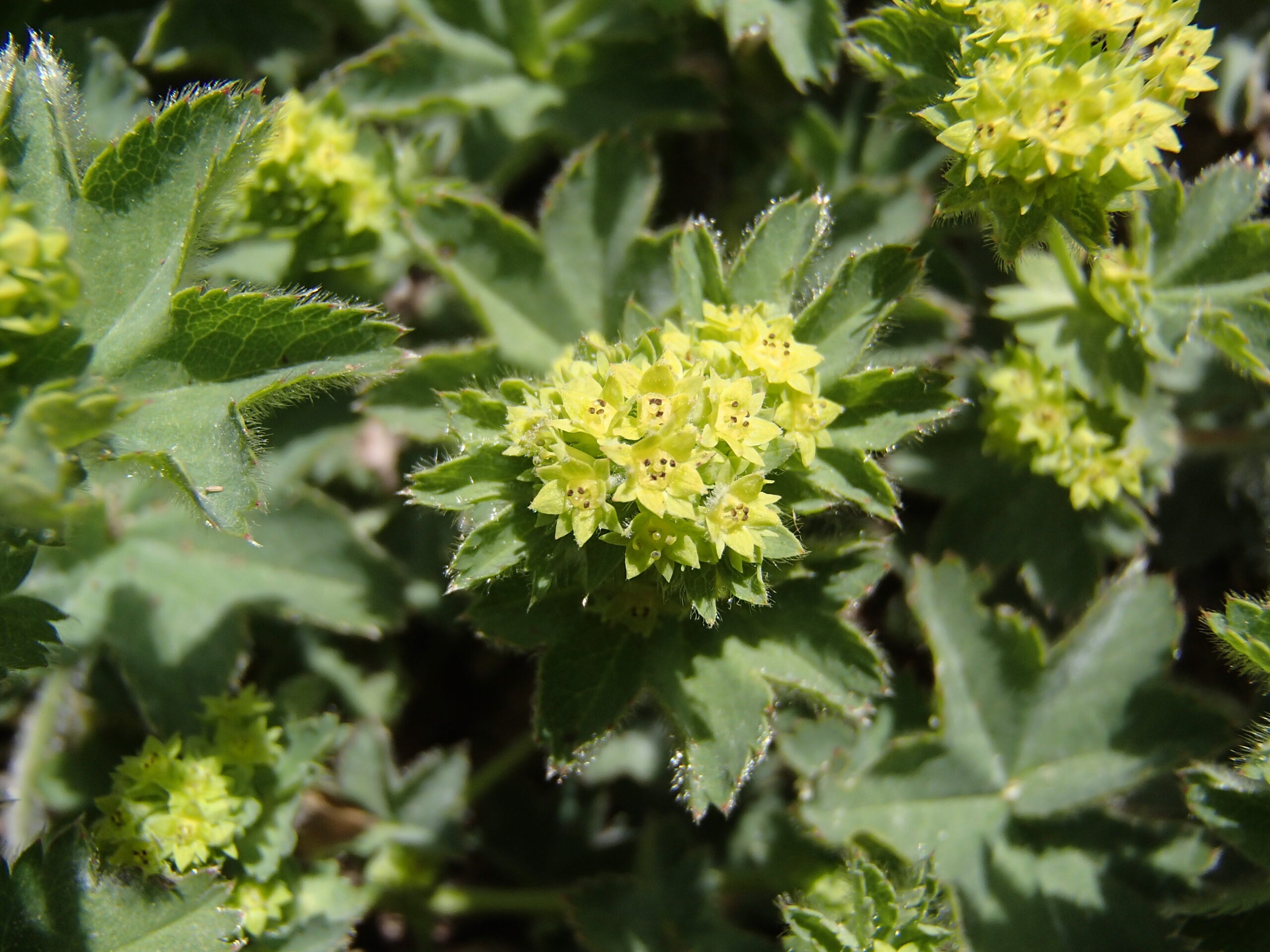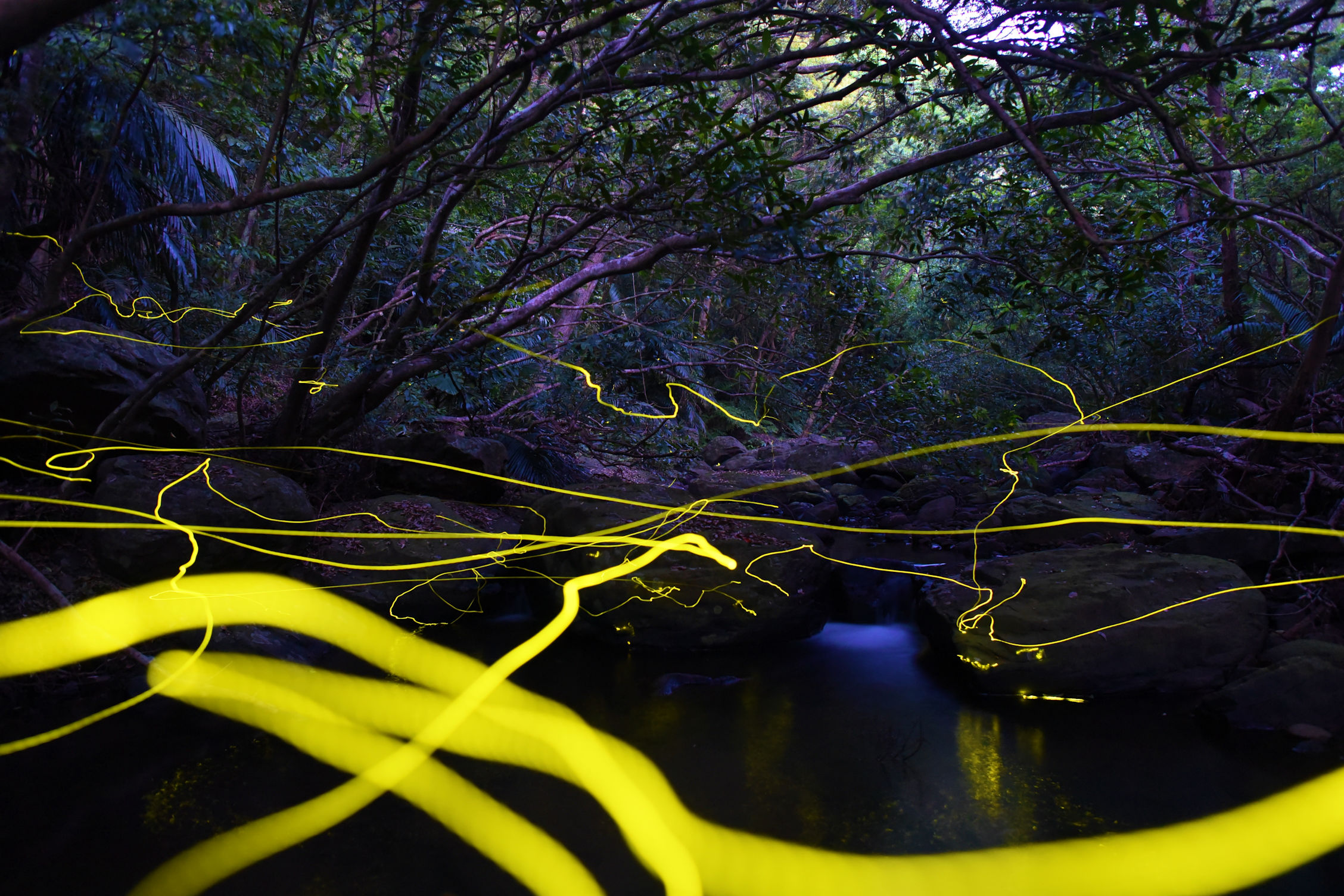Let’s talk about the malabar rotala
We’re giving some love to our Fantastic Freshwater plants this International Plant Appreciation Day.
Just 5% of all plants live in freshwaters, but they are absolutely vital to these ecosystems – and the species that call them home – surviving and thriving.
Plants oxygenate water, reduce flood risk, support nutrient cycling, and remove pollutants. They’re really doing some heavy lifting to keep our freshwater fresh!
Meet malabar rotala
With its characteristic small pink and red flowers, malabar rotala (Rotala malabarica) is a beautiful plant native to the Kannur District in Kerala, India, from where it was described in 1990.
The species has in fact only been recorded in a total of 22 ponds, with more than half of the known population in a single pond. One pond with half the population!
The Western Ghats – home to the Denison’s barb – runs along the coast of western India. The range of mountains support a very wide range of wetland-dependent plants, and represent one of the global centres of diversity of aquatic and wetland plants.
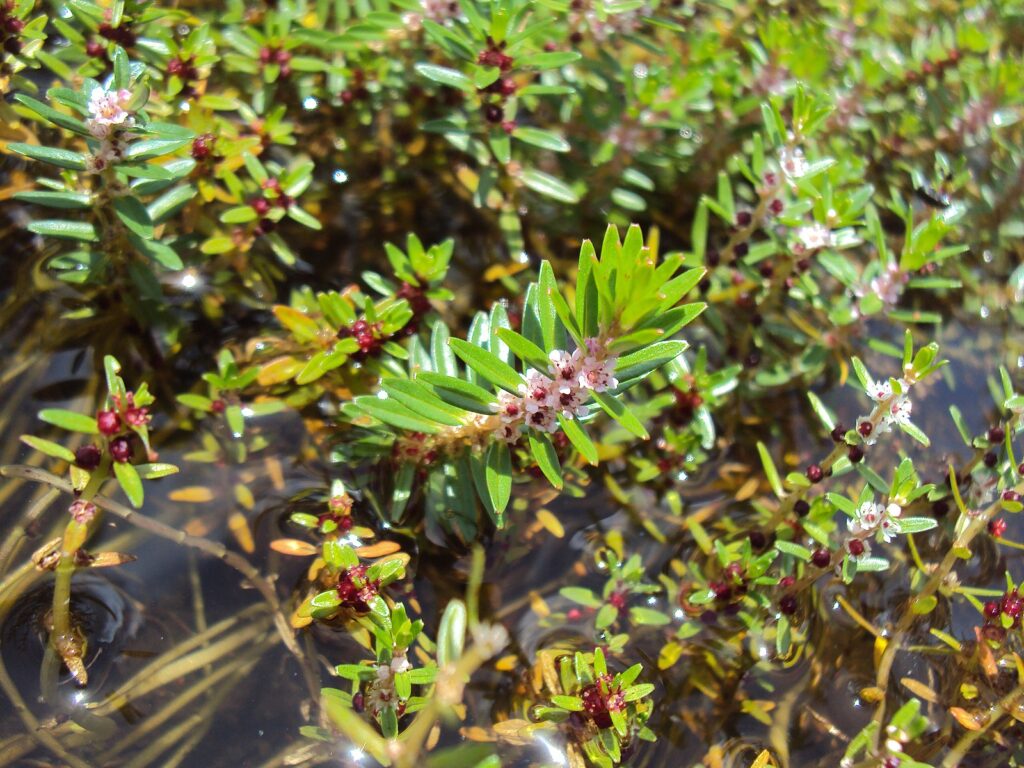
© Vinayaraj, via Wikimedia
Now the bad news
Malabar rotala is one of the 50 landmark species at high risk of extinction identified in SHOAL’s Fantastic Freshwater* report. Published on 19th May 2022 (International Day for Biodiversity), Fantastic Freshwater highlights the diversity and beauty of freshwater species and the immense threats they face to their survival.
Wetlands are very sensitive ecosystems and rely on specific environmental conditions; any disruption of these specific conditions can pose serious threats to freshwater flora. Threats to malabar rotala include:
- Leakage of waste and habitat destruction from mining
- Quarrying of the laterite bedrock which hold the seasonal pools where it occurs
Herbicide pollution from nearby cashew plantations
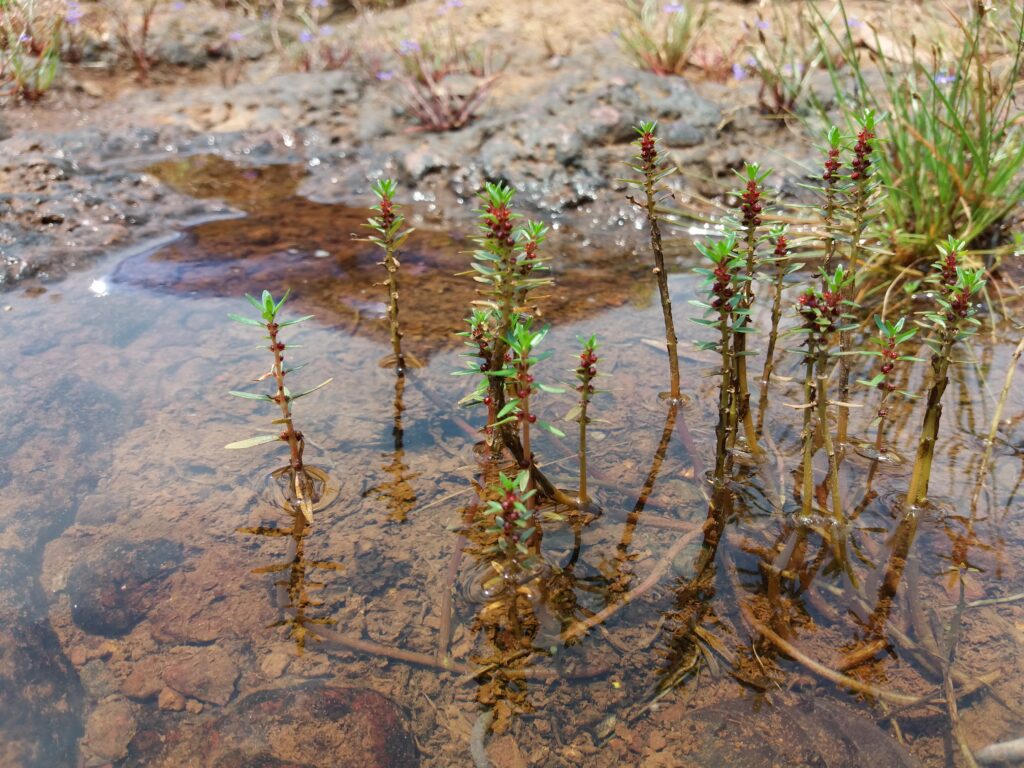
© Vinayaraj, via Wikimedia
Turning the tide
Unfortunately there are currently no conservation actions in place to protect and restore the malabar rotala.
As with other freshwater plants, more research is needed to increase our knowledge of its ecology, threats, habitat and population trends, so that effective conservation actions can be taken.
If you want to support the work SHOAL are doing to conserve freshwater species through action-driven conservation donate here and don’t forget to subscribe to our newsletter The Stream to get all the latest freshwater news straight to your inbox
*The Fantastic Freshwater: 50 landmark species for conservation report is led by SHOAL, the IUCN Species Survival Commission (SSC), the IUCN SSC Freshwater Conservation Committee, and the Global Center for Species Survival at the Indianapolis Zoo.

